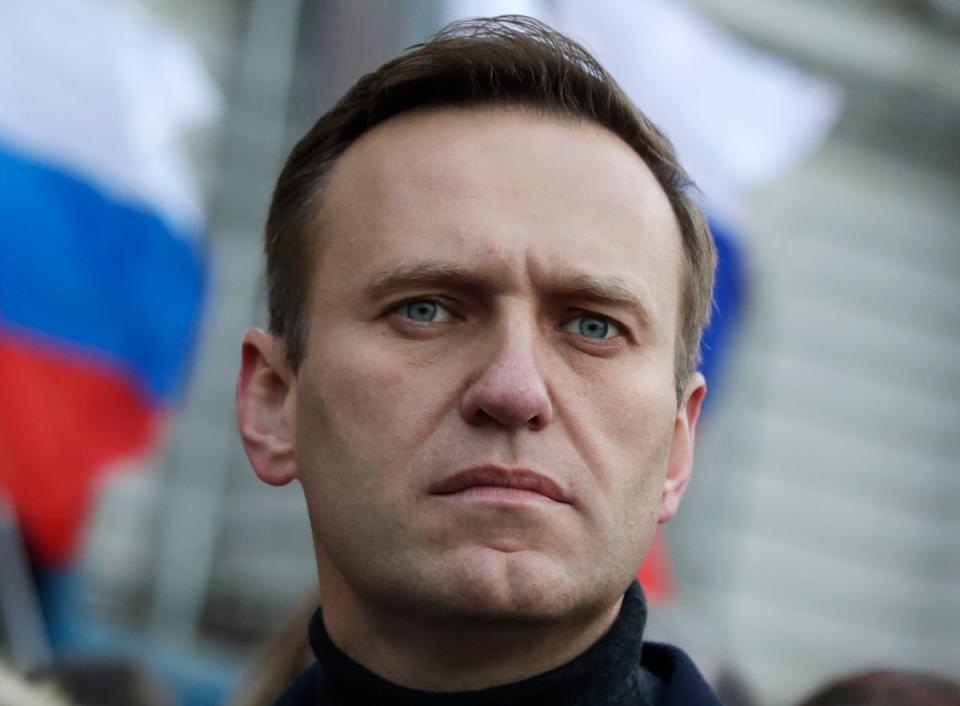Fresh Rwanda blow as European court says Sunak plan breaks international law
Rishi Sunak has been warned that he will be breaking human rights law if his government ignores European court orders intended to stop asylum seekers being sent to Rwanda.
The prime minister has repeatedly vowed not to let what he called a “foreign court” block the government’s plan to send some migrants to the African nation.
However, Siofra O’Leary, the president of the European Court of Human Rights (ECHR), said on Thursday that “there is a clear legal obligation” for states to comply with orders from the Strasbourg body.
Demands called rule 39 can be issued by the ECHR in certain circumstances, and one such order contributed to the 2022 grounding of the first UK flight intended to take asylum seekers to Rwanda.

Ms O’Leary told a press conference: “There is a clear legal obligation under the convention for states to comply with rule 39 measures.”
She said the interim measures are only issued “in exceptional circumstances where there is a real and imminent risk of irreparable harm”.
The senior judge said the UK “has always complied with rule 39 measures”, except in one very particular case, and has “publicly declared the need for other states to comply with rule 39 indications”.
The UK had previously urged Vladimir Putin’s Russia to abide by a 2021 measure to the release of opposition leader Alexei Navalny.
No 10 rejected the criticism and insisted the government’s Rwanda legislation would not need any emergency interventions from the Strasbourg court.
Mr Sunak’s official spokesperson said: “We are confident our legislation is compliant with our international obligations … There should be no need for Strasburg to intervene to block flights in the way they did in 2022.”
The spokesperson added: “We’ve also drafted the bill to give ministers the power not to comply with those rulings if necessary … The prime minister has been clear repeatedly that we will not let a foreign court block flights from taking off.”
The spokesperson said the combination of the Rwanda legislation and the new treaty with the African country would see off any need for a Rule 39 measure from the ECHR.

No 10 also rejected any comparison as “bizarre” between the UK urging Russia to follow rule 39 injunctions over Navalny, and Tory ministers potentially ignoring the injunctions over Rwanda.
Mr Sunak’s spokesperson said: “I think it would be bizarre to draw any comparison between Russia’s cruel treatment of Alexei Navalny … and our plan to protect and deter vulnerable migrants from making perilous crossings across the Channel.”
The UK did not follow a rule 39 order in 2010 when the Strasbourg court tried to prevent British forces from transferring two men, who were suspected of being part of a plot to kill British servicemen, over to the Iraqi authorities. The UK transferred the pair despite the order.
The Safety of Rwanda (Asylum and Immigration) Bill going through parliament severely limits the ability of the UK courts to intervene in stopping asylum seekers from being sent to Rwanda. As a result, it will become more likely that these legal challenges end up in front of the Strasbourg court.
Mr Sunak has previously insisted that he “won’t allow a foreign court to block us from flights taking off”, telling reporters: “My patience is worn thin, the British people’s patience is worn thin.”
Asked directly if he would overturn rule 39 orders from the ECHR, Mr Sunak said it would be “for ministers to decide whether to comply”, adding: “I would not have put that clause in the bill if I was not prepared to use it.”
In the June 2022 case, the interim measure blocking an Iraqi asylum seeker being sent to Rwanda was granted just hours before the flight was due to take off.
Ms O’Leary said rule 39 measures are almost always sought in “situations of urgency, if not extreme urgency, and the nature of the urgency or the degree of urgency is something which respondent governments control”.
The interim injunction powers are rarely used – in 2023, 13 requests were refused by the court, and just one interim measure was granted.
Meanwhile, the head of the UN’s refugee agency also criticised the government’s approach.
Filippo Grandi told the BBC that some countries with “more resources” were devising “systems with which they would abdicate responsibilities they have to asylum seekers and shift these responsibilities to other states”.
“This is contrary to the basic principles of refugee protection,” he added.
Rwanda has said that it would not be able to continue with the UK deal if Mr Sunak’s government did not abide by international law.
Vincent Biruta, Rwanda’s minister of foreign affairs, has previously said: “It has always been important to both Rwanda and the UK that our rule of law partnership meets the highest standards of international law, and it places obligations on both the UK and Rwanda to act lawfully.
“Without lawful behaviour by the UK, Rwanda would not be able to continue with the migration and economic development partnership.”

 Yahoo News
Yahoo News 
